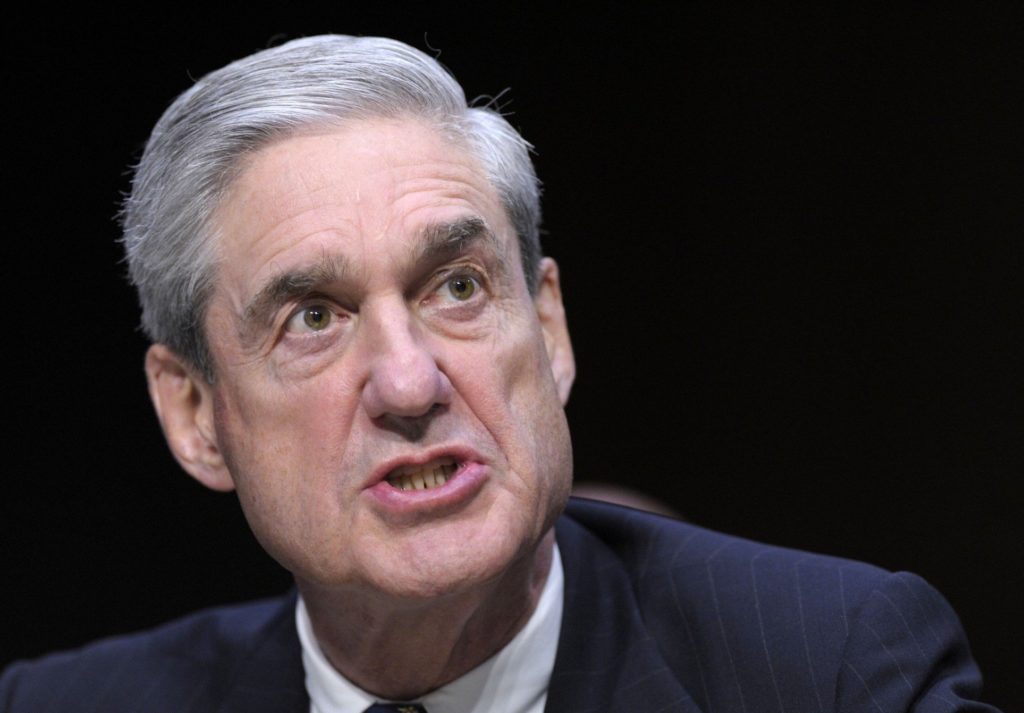The real reason there’s so darn much secrecy in Robert Mueller’s appeals court case

Last night the mystery company, which has been fighting a Robert Mueller subpoena in appeals court, decided to take up the matter with the Supreme Court. This has led to a discussion about whether the company will be able to keep its identity a secret if it is allowed to argue its case before the Supreme Court. This got me thinking about why the case is being afforded such secrecy to begin with.
We’ve seen the Washington DC Court of Appeals seal off the entire floor during hearings, in order to make sure that the company’s identity remains a secret. Back when it appeared that this case might have been against Donald Trump himself, that made sense. Federal court would conceivably bend over backward to keep secret criminal proceedings against the President of the United States a secret. But now we know that this involves a foreign company owned by a foreign government, and suddenly it doesn’t make sense.
If this company were owned by a government that’s friendly to the United States, there would be no battle here; the evidence would simply be turned over in the name of diplomacy. So this is, by definition, a hostile foreign government. There is no reason to expect that the federal courts would accommodate any request for secrecy. Sure, the company is obviously aligned with Trump, but that wouldn’t be a reason for the courts to make an exception.
The more I look at this, there’s only one reason the courts would provide this much secrecy to this case: Robert Mueller wants it that way. Why? You’d have to ask him. Maybe he doesn’t want Donald Trump knowing who the foreign company/government is, so that Trump can’t go and place pressure on it. Maybe there’s another reason. But this secrecy almost has to be at Mueller’s request.
